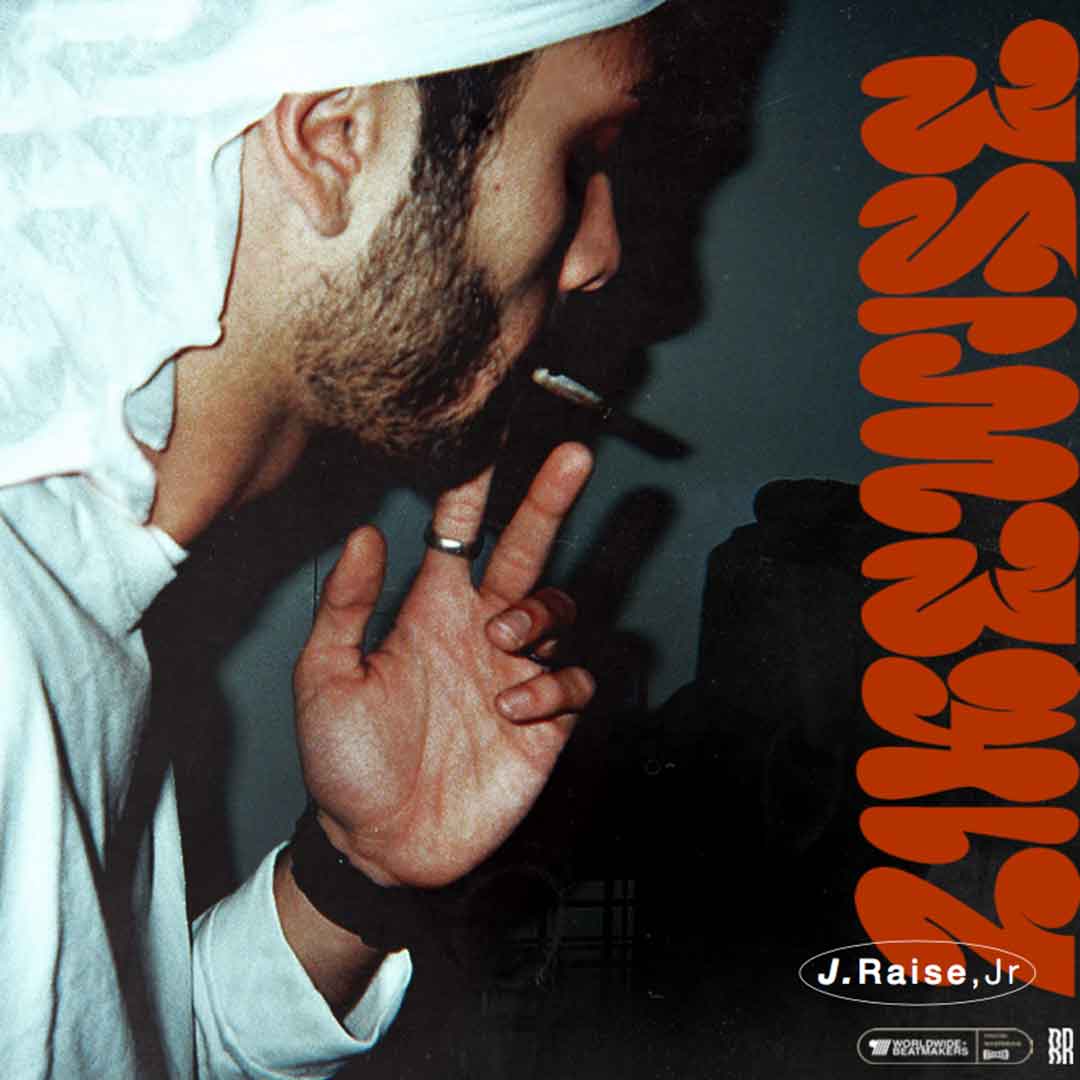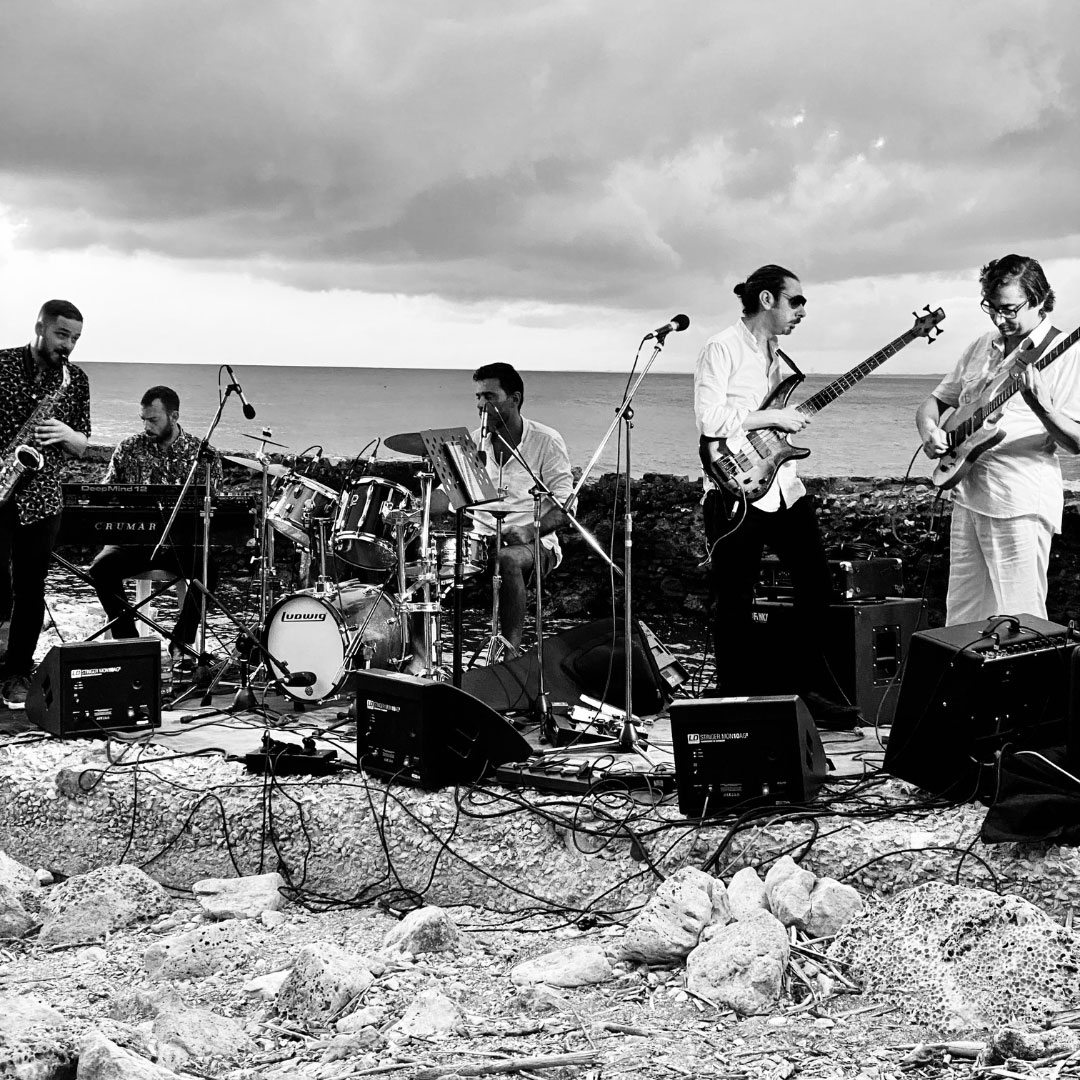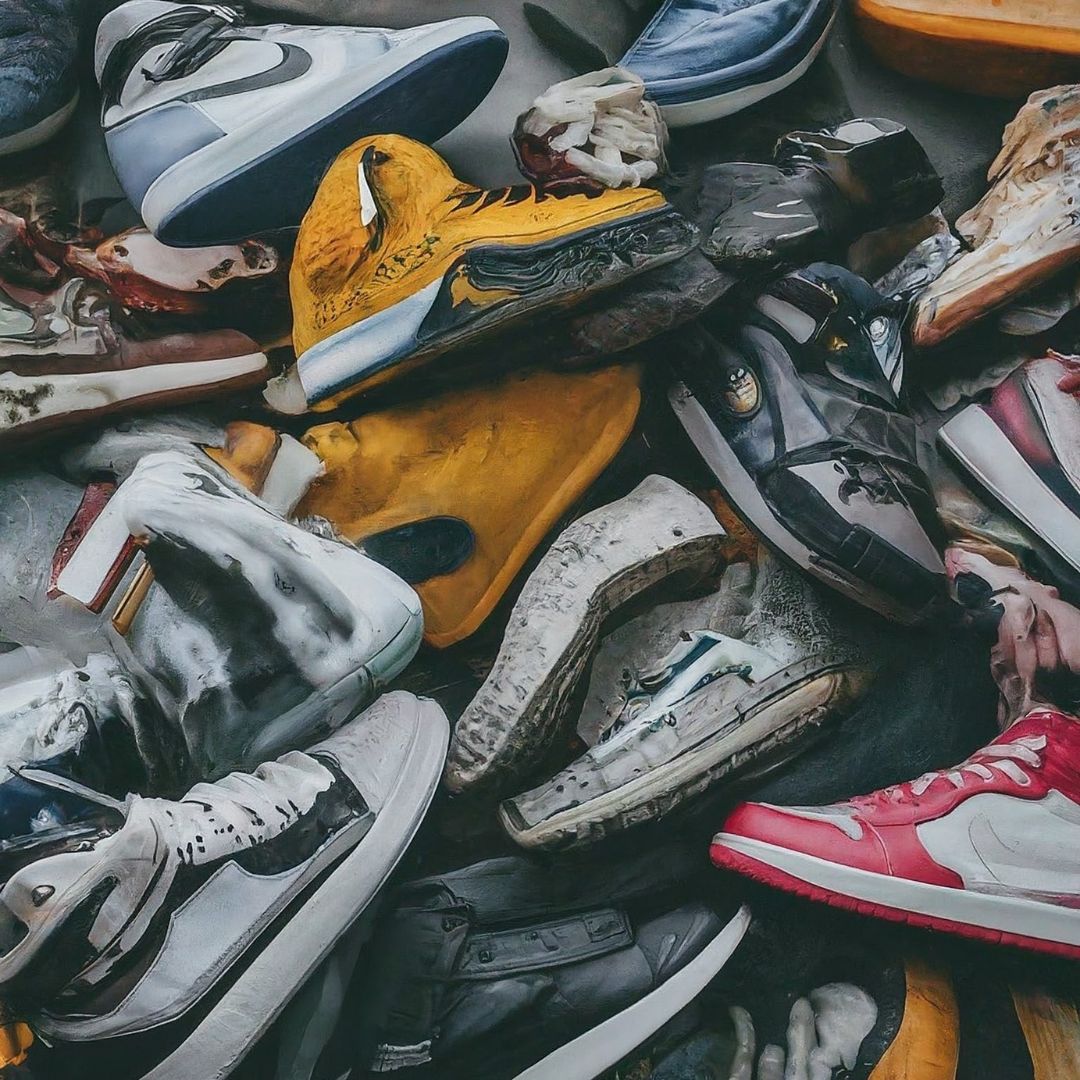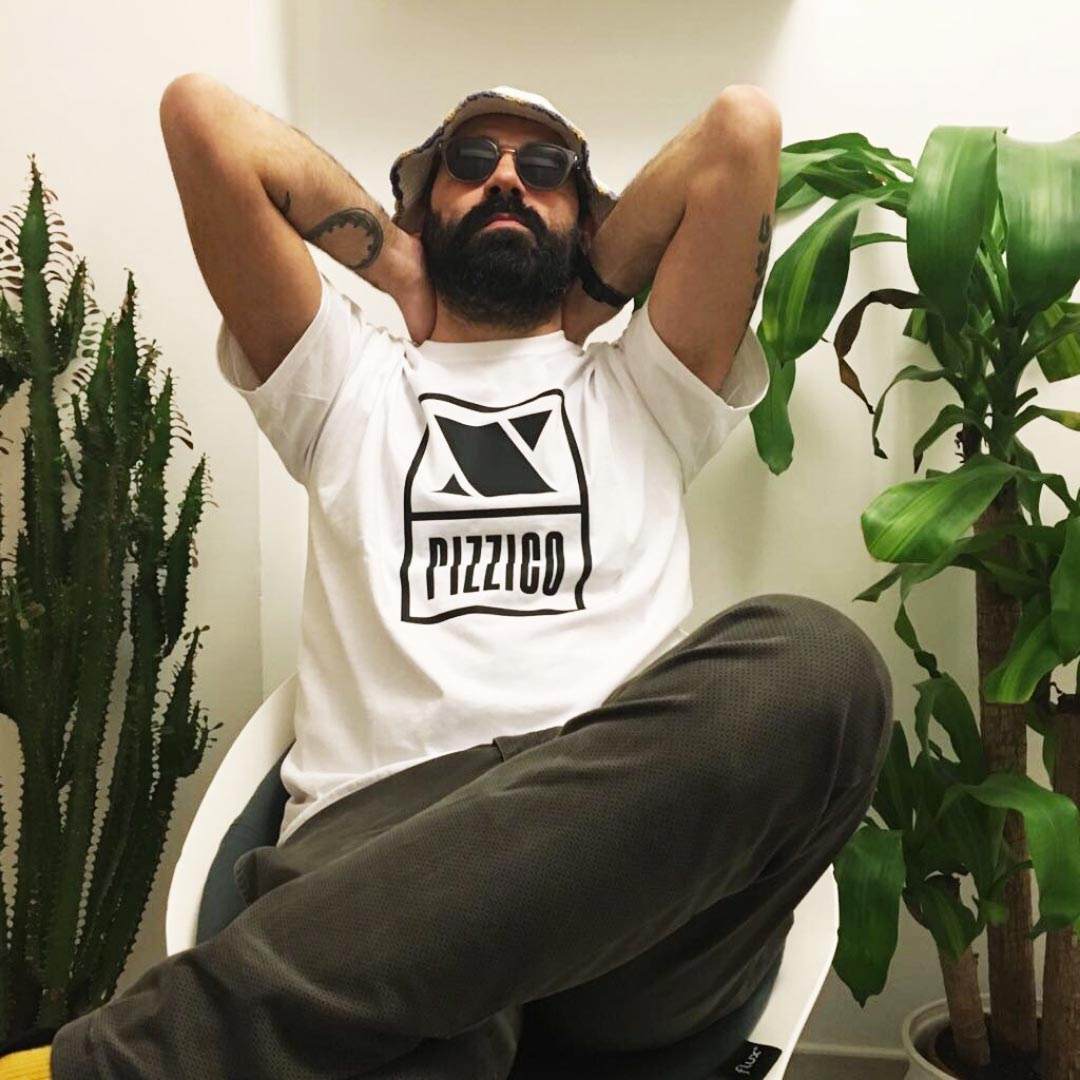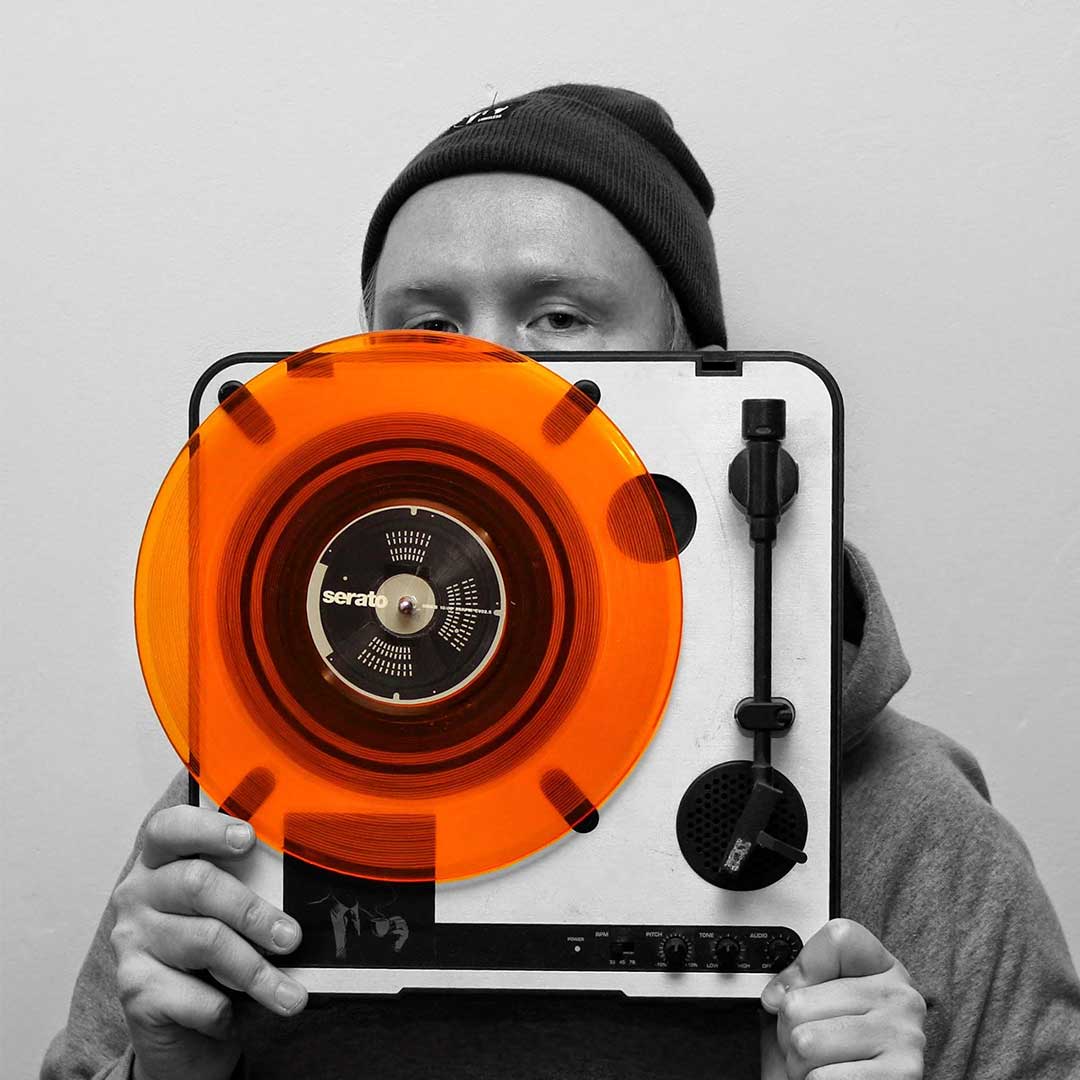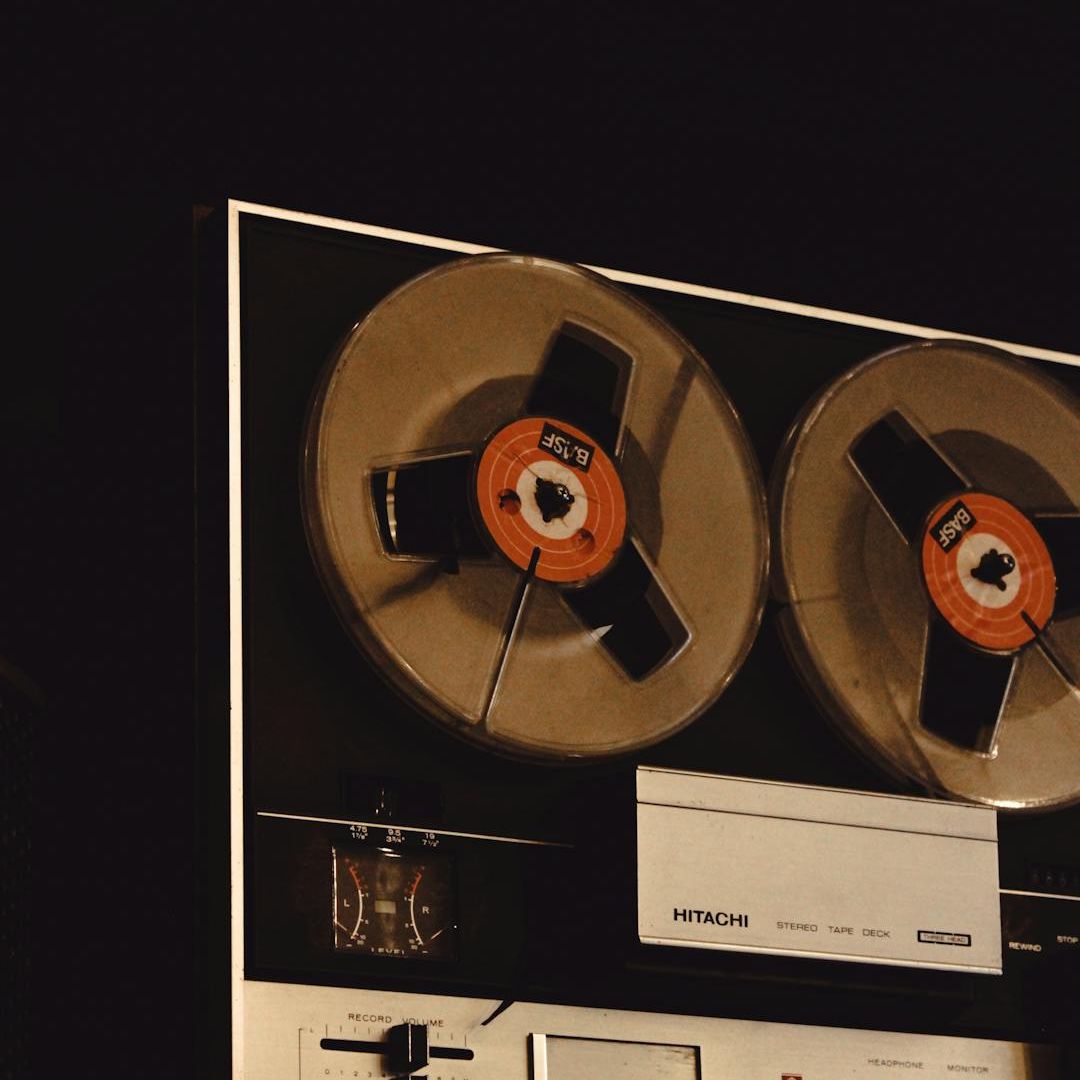Meet a young producer who pushes his Akai MPC2000 XL to its limits: welcome, J. Raise, Jr.
If there’s one thing that today many new generation producers often overlook when moving into production, is the drum programming. Ask J Raise Jr about it, and you’ll see. Or, even better, listen to his music while reading this.
Drums, please: the meaning of drum programming.
For those who don’t know, in electronic music, or simply when using a drum machine to make beats, the “programming” part is essentially the composition one makes with the different parts of the drum set they’re treating. In a nutshell, within the programming, you can decide when making your set boom, the swing you give to the elements, the changes, and so on…It’s basically your signature, somehow, and it defines your sound.
That’s probably why we’re so delighted to introduce you to Gianni, or J Raise Jr, as he’s definitely well obsessed (and versed) with programming, other than sampling per se, and the overall experience of pushing forward the boundaries of sample-based music.
The travelling man, the sounds of Resilienza Records, the latest release.
As a young gun now residing in Milan, Italy, but originally from Puglia, he’s nevertheless a well-traveled world citizen, and one of the freshest among the many interesting newly rising Italian beat-makers. After experiencing life in foreign countries and close encounters with other cultures, in Canada and Netherlands, collaborating with many underground dignitaries and Hip Hop legends on their own, he’s now part of the beat tape-obsessed label Resilienza Records, as he met his founder U.Nico years ago in Amsterdam. Last but not least, he’s also supported by NINETOFIVE, the label/international community of producers, visual artists, writers, and other creatives joined through a shared passion for the global beat scene.
It is no coincidence that today, in a joint effort by Resilienza and NINETOFIVE, a new release comes out, titled Likewise, as sort of a follow-up to Raise’s latest beat-tape titled Lifted Quest.
As Hip Hop fans, first and foremost, and beat-making aficionados, it is a pleasure bringing to you the newest sounds from J. Raise Jr, and discussing with him about his Production Specs. Play it loud!
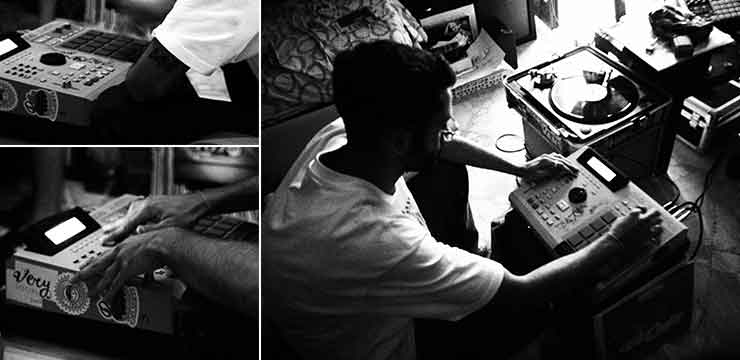
Hi J., and welcome to Production Specs. Could you start telling us about the first beat you’ve sold or placed on a discographic release?
It might sound stupid, but I never actually sold a beat to anyone. All collaborations I did have happened in the most natural way possible. Although it should be legit for us beatmakers to earn something out of all our efforts and time spent on producing, it’s very relevant for me to point out that the very first necessary thing to take into account is the need for expression. In other words, making beats is an essential extension of my own self into music, my own way to portrait a message and my vision to people, it’s never quite been a lucrative purpose.
How long did it take you to finally produce something that you were proud of?
It took years. That’s the most difficult part of it, I believe. Before I started releasing the music, I wanted to study and know my equipment at best. I spent years on my MPC without releasing anything, just trying and improving day after day.
I wanted to get to know every single aspect of it. I was so amazed by the whole sampling culture that I didn’t even have the time to think if I liked it or not, I was just practicing as much as I could and skipping to the next record.
It wasn’t too long ago when I finally felt confident enough to start putting myself out there. My good friends, amazing artists, and colleagues U.Nico and Sunn Pei, helped me out a lot, they were among the first who really believed in my music and the ones who perceived its value.
What’s your favourite production set-up?
A turntable, my Akai MPC2000XL, Roland SP-404sx, a random mixer, a decent audio interface, and lots of records. I was very lucky to be taught how to make beats on an MPC since day one, thus that’s literally all I need, and at the same time, I never thought of switching to anything else.
Best digging advice from someone ever?
The only advice I recall was just to dig deeper if I wanted to improve and refine the originality of my productions. You know, digging for records turns out to be a very personal and intimate process. In my personal opinion, there are no tips or tricks.
You will learn what you like by doing it and eventually find your own path for it. I spent the last 5 years of my life living in The Netherlands, going to record stores twice a week, spending at least 4 to 5 hours in the shop. Digging becomes a necessity once you are into it, but if you ain’t got love for the music, you are just wasting your time.
Producer, in the last 3 months, that made you say: “Oh, shit, I have to go back to the lab!”?
All of them. Seriously. I get inspired every day by someone. Starting off with my colleagues at Resilienza Records, we constantly support and stimulate each other on a daily basis, sharing ideas and beats that automatically push me to sit down and switch the samplers on.
One of them, Mazinga Paddon, the youngest of us, he’s undoubtedly my favourite at the moment. He’s extremely talented at such a young age, he’s just 18, can you believe it? And he’s way ahead of his time. I’m nobody to say this but y’all better watch out for him in a few years. He’s also featuring in my new album on the track “Space Kids”. You can expect a lot of new music coming together in the future.
Apart from them, I’m constantly inspired by artists I always loved and looked up too, such as Madlib, Karriem Riggins, J Dilla, Pete Rock. They are the reason why I started producing and I still listen to their music every single day of my life.
The worst production mixtape you’ve ever made if any?
I can’t think of any excessively bad production, to be honest. There are some tracks somewhere on YouTube and Soundcloud from when I was about 18 that I’m not super proud of, but I mean, I would never take them down because they’ve been part of the journey, as everything else.
I’m not trying to undermine myself, but I’m still 24 and I can’t even tell if I’m still gonna dig the music I’m making today in like ten years from now. But one thing is certain, the music I make is the outcome of who I am at that very moment surrounded by all the emotions and deep feelings that I’m able to extract from the music I love, and I will never be able to regret those feelings, under any circumstances.
One essential mixing tip?
Do what makes you feel good, your ears will follow.
